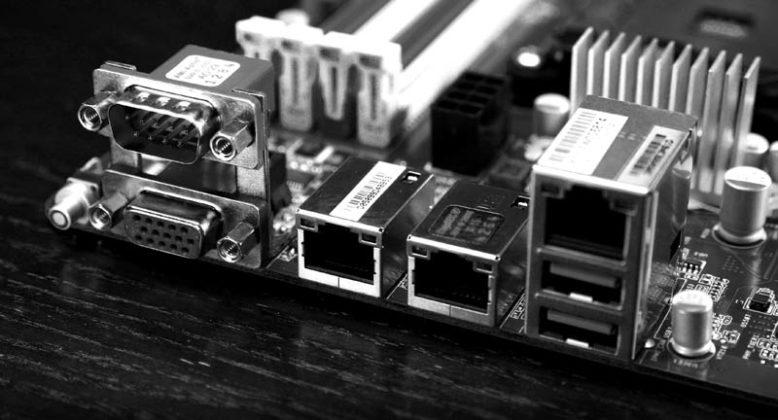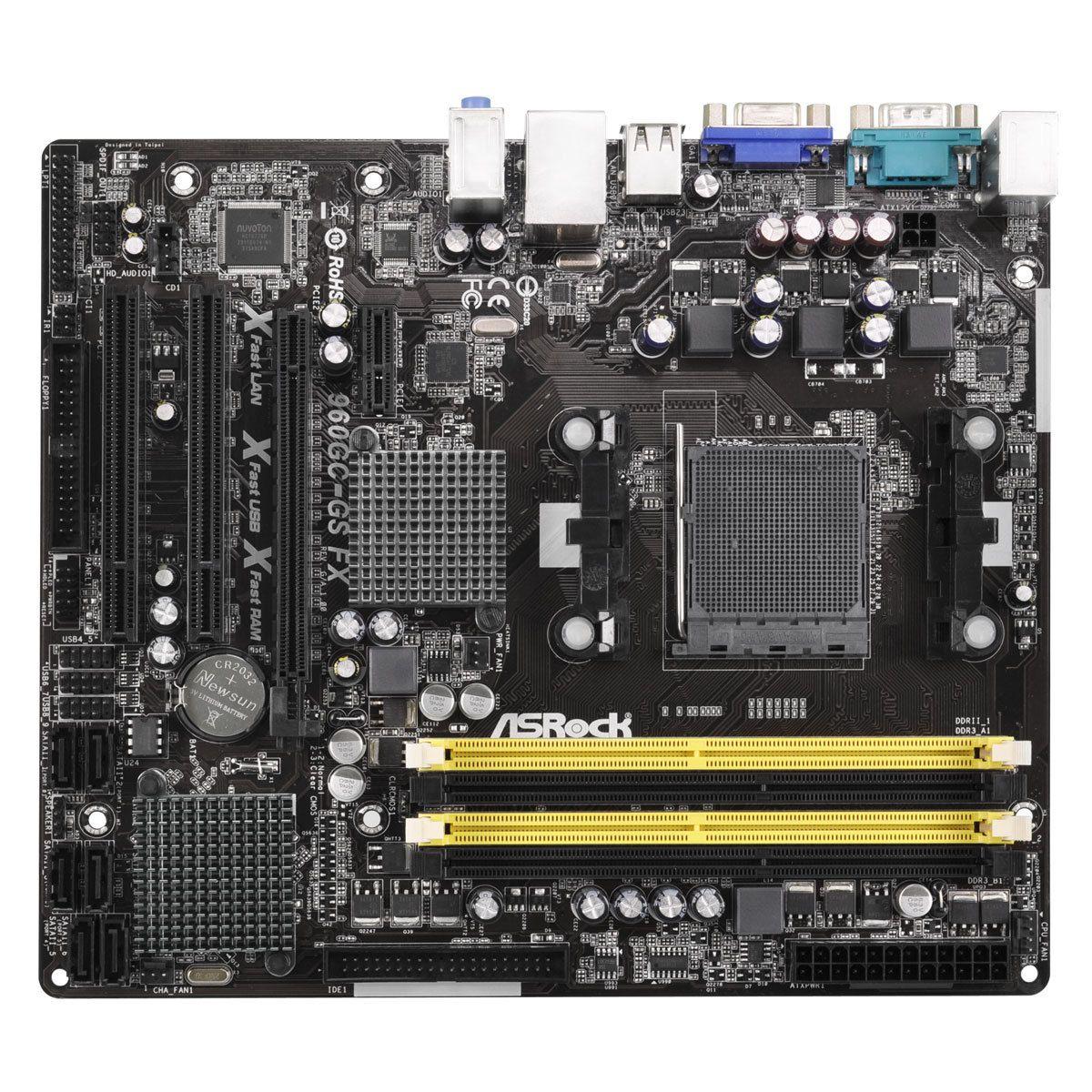How ASRock Server Systems Support Cloud Scalability

How ASRock Server Systems Support Cloud Scalability
Cloud computing has rapidly evolved into the backbone of modern digital operations, enabling organizations to scale their services, store massive amounts of data, and handle fluctuating workloads with ease. However, behind every scalable cloud infrastructure lies robust, high-performance hardware capable of meeting the growing demands of data-intensive applications.One technology solution that is gaining significant attention in this space is a new generation of enterprise-grade servers known for their adaptability, performance, and reliability in cloud-based environments.
This article explores how ASRock’s server offerings empower cloud scalability, from handling dynamic workloads to integrating seamlessly into hybrid and multi-cloud strategies.
Why Hardware Matters in Cloud Scalability
While software orchestration plays a critical role in cloud scalability, the underlying hardware ultimately determines performance limits. When demand spikes, hardware must be capable of scaling resources not just vertically with faster processors and more memory, but also horizontally by adding more servers into the network with minimal configuration challenges.
Inadequate hardware can lead to bottlenecks, slower application response times, and increased downtime risks. For businesses relying heavily on cloud platforms, these performance issues can translate into lost revenue and reduced customer trust.
The Role of ASRock in Meeting Cloud Demands
ASRock has positioned itself as a competitive player in the server hardware market by offering systems that balance affordability with enterprise-level performance. With an emphasis on modularity, ASRock’s designs allow organizations to select configurations that match their specific workload requirements, making them highly adaptable to cloud environments.
For instance, many ASRock server models support high-density storage configurations and multi-GPU setups, enabling faster data processing and AI-driven analytics both essential components for cloud scalability. The brand’s engineering also emphasizes energy efficiency, which is vital for data centers seeking to expand without exponentially increasing power consumption.
Flexibility Through Modular Design
One of the key features that makes ASRock Servers appealing for cloud deployment is their modular architecture. This design approach allows IT teams to customize systems for specific needs, whether that’s compute-heavy workloads, storage-heavy applications, or GPU-intensive operations.
Such flexibility ensures that businesses can start with a configuration that fits their current budget and scale upward as requirements grow. Instead of replacing entire systems, organizations can simply expand storage arrays, upgrade CPUs, or add GPUs, an approach that keeps costs predictable and minimizes downtime.
High-Performance Components for Rapid Scaling

ASRock’s servers often incorporate the latest CPU architectures, ECC memory support for improved reliability, and advanced RAID configurations for data redundancy. These features are crucial for cloud providers managing thousands of simultaneous requests.
High-throughput network capabilities, including multiple 10GbE and even 25GbE ports, ensure that data moves between nodes efficiently, a necessity when scaling to accommodate growing user traffic. Additionally, NVMe storage options significantly reduce latency, improving application responsiveness during heavy loads.
Supporting Hybrid and Multi-Cloud Strategies
Cloud scalability is no longer limited to a single provider environment. Many organizations adopt hybrid or multi-cloud strategies, combining private infrastructure with public cloud resources for cost optimization, security, and redundancy.
ASRock Server Systems are well-suited for these scenarios because of their compatibility with a wide range of virtualization and orchestration platforms, including VMware, Kubernetes, and OpenStack. This broad compatibility means that businesses can integrate ASRock hardware into virtually any cloud architecture without worrying about software conflicts or performance degradation.
Scalability Without Sacrificing Reliability
When scaling up cloud services, reliability is as critical as performance. Downtime during scaling operations can disrupt customer experience and harm brand reputation. ASRock addresses this with features such as redundant power supplies, hot-swappable drives, and advanced cooling solutions all of which keep servers operational during upgrades or maintenance.
These reliability features reduce the risk of data loss and service interruptions, giving IT teams the confidence to scale infrastructure quickly when demand spikes.
Energy Efficiency for Sustainable Growth
Scalability isn’t just about handling more data and users; it’s also about doing so sustainably. Data centers are among the largest consumers of electricity, and inefficient scaling can lead to skyrocketing energy bills.
ASRock designs many of its server systems with power efficiency in mind, using optimized motherboard layouts, smart fan controls, and energy-efficient components. Over time, these optimizations can lead to substantial savings, particularly for large-scale cloud deployments where hundreds or thousands of servers are in operation.
Planning for Future Growth with ASRock
For organizations anticipating rapid growth, the ability to plan infrastructure around predictable scaling patterns is a significant advantage. ASRock’s product lineup includes both entry-level and high-performance enterprise-grade systems, allowing businesses to start small and expand as needed without switching vendors.
This consistency helps IT teams maintain a uniform hardware environment, simplifying management, updates, and troubleshooting across an expanding cloud infrastructure.
Why the Right Server Choice Matters for Cloud Success
In the competitive digital landscape, scalability isn’t just a technical advantage, it's a business necessity. The right server systems make it possible to handle increased demand without sacrificing performance or reliability, and ASRock offers a compelling blend of power, efficiency, and flexibility that aligns with these needs.
Businesses that invest in scalable server hardware position themselves to adapt quickly to market shifts, launch new services faster, and provide consistent user experiences, even during traffic surges.
Conclusion
Organizations aiming to grow their cloud capabilities should view server hardware as a strategic investment rather than a background detail. Whether deploying private clouds, expanding hybrid environments, or supporting high-performance computing needs, ASRock offers server solutions that align with the goals of modern IT infrastructure.
For businesses planning their next stage of expansion, Cloud Ninjas can be a strong partner in identifying the right ASRock configurations to ensure that cloud scaling is smooth, cost-efficient, and future-ready.

